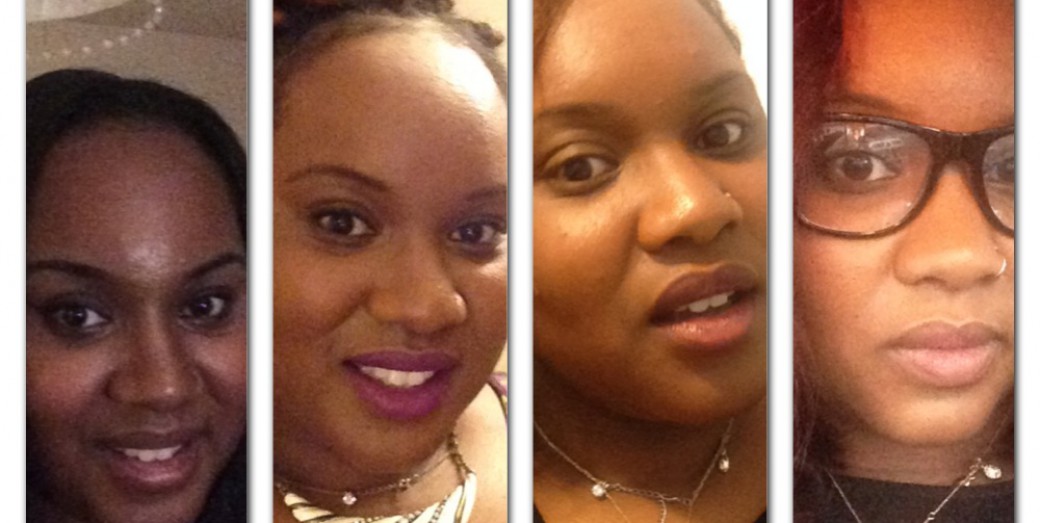Oh we all love going to an interview! No? The purpose of this post is to take a lot of the pain out of the interview process. Below are 5 tips that I’ve used during interviews and hope they’ll help you too.
1. Research the company – the last thing you want is to absolutely ace an interview, then right at the end be asked what you know about the company and blank. Have a look at the company website if they have one and pay attention to the company ethos and any principles they work to.
2. Dress appropriately – think about the role you are applying for and the tasks you’ll be doing during the assessment process when choosing what to wear. Personally, I have a black polka dot “interview dress”. This isn’t the time to pull out your whole jewellery collection and it goes without saying that clothes should be clean and ironed, shoes clean and hair well groomed – or at least I hope. Ladies, if you struggle wearing heels, don’t embarrass yourself. Opt for low or kitten heels. If you have to wear flats, pointy shoes look more professional than round toe but again, this very much depends on the role you are applying for. When it comes to makeup, don’t cake it on. Enough said.
3. If offered a drink, always ask for some water.
Whether I intend to drink it or not, asking for water serves a few purposes
– it gives you a bit of extra time to take in the setting and calm those last minute nerves
– if like me, there are times when your mouth or throat drys up during the interview, a sip of water will be your saviour
– when answering questions, it’s good practice to pause before answering, think, structure the answer in your head and then answer. Having some water during that pause fills in the gap nicely and helps to avoid instances above where your mouth gets dry.
4. Prepare answers to common questions.
A lot of recruiters now use competency or behavioural interview questions. These are designed to understand how a candidate deals with certain situations and can often help to further shortlist candidates that on paper, have similar credentials or skills.
The key to these type of questions is to have a bank of pre-prepared answers that can be adapted for specific questions and be able to give a clear and concise answer. Most recruiters will say in advance what competencies or key behaviours they will be looking for or assessing, but if not, use the person specification as a guide. For example, a competency could be “communication”. I would think about instances in my current or precious roles where I’ve had to communicate difficult decisions, explain something to different audiences or “levels or had to teach something to someone else and create answers using the STARL technique.
The STAR technique is not a new concept but what it does is enable you to answer a question without waffling or going off on a tangent. Below is a breakdown of what it is.
S – situation – what was the scenario or issue
T – task – what did you need to do
A – activity or action – what you actually did
R – result – what was the outcome
I like to add an extra bit at the end – “L” for what I learnt from it.
5. Ask questions – see my post on “Great questions to ask at an interview”
6. RELAX! – try to focus on your best qualities. If you’re asked about any development areas or weaknesses, don’t be scared to give them but ALWAYS follow up with how you have or are overcoming it and the positive.
Good luck and happy job hunting!
x
